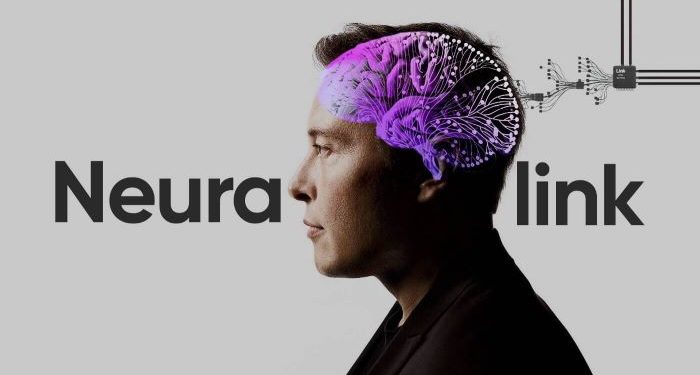Elon Musk’s pioneering biotechnology venture, Neuralink, has unveiled its plans to initiate its first human clinical trial, according to an official statement from the company. Following the approval of an independent review board, Neuralink is embarking on the PRIME Study, which stands for “Precise Robotically Implanted Brain-Computer Interface.” This groundbreaking study aims to evaluate the safety and functionality of brain implants designed for individuals with paralysis.
As part of the clinical trial, selected patients who suffer from quadriplegia due to cervical spinal cord injury or amyotrophic lateral sclerosis (ALS) may be eligible to participate. The primary objective of this six-year-long study, which includes 18 months of at-home and clinic visits followed by five years of follow-up assessments, is to provide individuals with the capability to control a computer cursor or keyboard solely through their thoughts. The implant, a chip, will be surgically placed in the region of the brain responsible for controlling movement intentions. This chip, installed using a robotic procedure, will record and transmit brain signals to a dedicated app.
Interested individuals who meet the criteria can enroll in the patient registry on Neuralink’s official website. Elon Musk has been dedicated to Neuralink’s mission of connecting the human brain to computers for five years, primarily through animal testing. However, the company encountered scrutiny and criticism when a monkey died during a project test in 2022 while attempting to play Pong, one of the first video games.
Neuralink announced in May that it had obtained FDA clearance for human clinical trials, with the agency subsequently confirming the approval in a statement. This significant step comes a little over a month after Neuralink successfully raised $280 million in a fundraising round led by Founders Fund, a prominent venture capital firm in San Francisco co-founded by Peter Thiel, a well-known billionaire and PayPal co-founder.
Neuralink expressed its enthusiasm for this new phase of development, emphasizing its commitment to advancing the field of brain-computer interfaces. Elon Musk had previously predicted human trials for Neuralink on at least four occasions since 2019. However, the company did not seek FDA approval until 2022, which was initially rejected due to concerns about implant migration within the brain and potential tissue damage during removal.
While Musk announced in December that most of the necessary paperwork had been submitted to the FDA, Reuters reported that employees alleged the company was rushing to market, leading to incidents of careless animal deaths and a subsequent federal investigation.
It’s essential to note that before Neuralink’s brain implants can be made widely available, they must obtain regulatory approval. The FDA released a paper in 2021 outlining its initial thoughts on brain-computer interface devices, acknowledging the rapid progress in this field.
For any enquiries please, email our editorial team at [email protected]. If you liked this story, kindly sign up for Clariform Newsletter, a handpicked selection of stories that helps you clarify things that matter and gives you clear signals about your world, delivered directly to your inbox.
Please subscribe to our YouTube channel, and join thousands of Clariform on Facebook, Twitter and Instagram.












